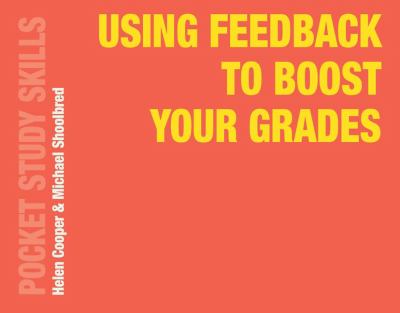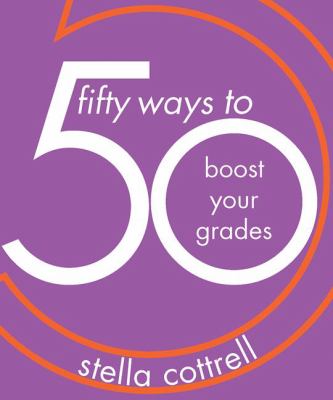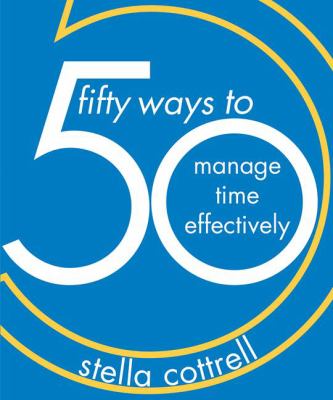This blog will cover the top 3 tips to help you get ready for next year. I am sure you are excited to have completed your assessments and can now focus on having a relaxing time over the summer.
However, it would be a good idea to reflect on how things have gone and to use that learning to improve for next year.
Here are the top 3 tips to help you transition into your next academic year:
1) Feedback, feedback, feedback!
When we receive marked papers, we are usually quite tempted to have a look at the mark first and only have a quick glance at the feedback provided. However, feedback offered by your tutors will include many positive statements about your work and also ways in which you could improve your writing. Going through these comments is detail and identifying similar issues or themes across other pieces of work will allow you to acknowledge your strengths and recognise patterns and areas for learning.

In order to do this, you can, for example, categorise comments from tutors under headings such as ‘understanding the question’, ‘analysis and criticality’, ‘quality and quantity of reading material’, ‘structure’, ‘referencing style’ etc. Being aware and targeting these areas would be a great starting point to boost your grades next year!
One excellent resource which can help you make sense of your feedback is the Macmillan ‘Using Feedback to Boost your Grades’ (2019) from the Pocket Study Skills Series, available at the Library. Click here to view the LibrarySearch record and access the ebook.
2) Commitment, commitment, commitment!
Now that you are aware of your strengths and areas to work on, take a step to make a change and commit to altering your approach to improve for next year.

For example, in order to make it real and tangible, you can write down a pledge stating what you intend to do differently and how you will do it – this can also include time frames i.e. when you intend to do it. Use feedback from tutors and your reflections from Tip 1 to build your pledge.
The brilliant book ‘50 Ways to Boost Your Grades’ (2019) has an example of this on their second way: Commit to a Step Change. This resource can also be found in the Library. You can access this ebook by clicking here.
3) Organisation, Organisation, Organisation!
Being organised is an essential skill to be a successful student. Organisational skills are important in planning your time, staging you work, collecting useful reading material, organising your thoughts and notes, planning your assignments, revising for exams and reviewing your work. Lack of organisation can lead to losing information, missing important content out in an exam and leaving work to the last minute, which can negatively impact on your confidence as a student.
It might be helpful to think about your approach and organisational systems you used last year such as having a wall planner, diary, filing systems for reading material, note-making techniques etc. Thinking about what worked and what didn’t might offer some insight into what you would like to change. This can include straightforward solutions such as better organising your study space, thinking about new ways of filing and labelling your materials or considering the use of online software like RefWorks to keep track of and manage your reading and references effectively. Information on Reference Management Tools and guides can be accessed through our Library pages by clicking here.

’50 Ways to Manage Time Effectively’ (2019) is worth a read for further tips, ideas and exercises to improve your organisational skills, also available in the Library. You can open this ebook by clicking here.
If you would like any further information on study skills books, referencing management tools or academic skills advice, you can email learner@canterbury.ac.uk or contact your Faculty Librarian – you can find our contact details here. You can also explore our Learning Skills Hub to find study skills and library information or book a one-to-one tutorial. For the latest news and advice you can find us on Twitter or read our blog.
 Library
Library Ben Marchant
Ben Marchant 515
515


